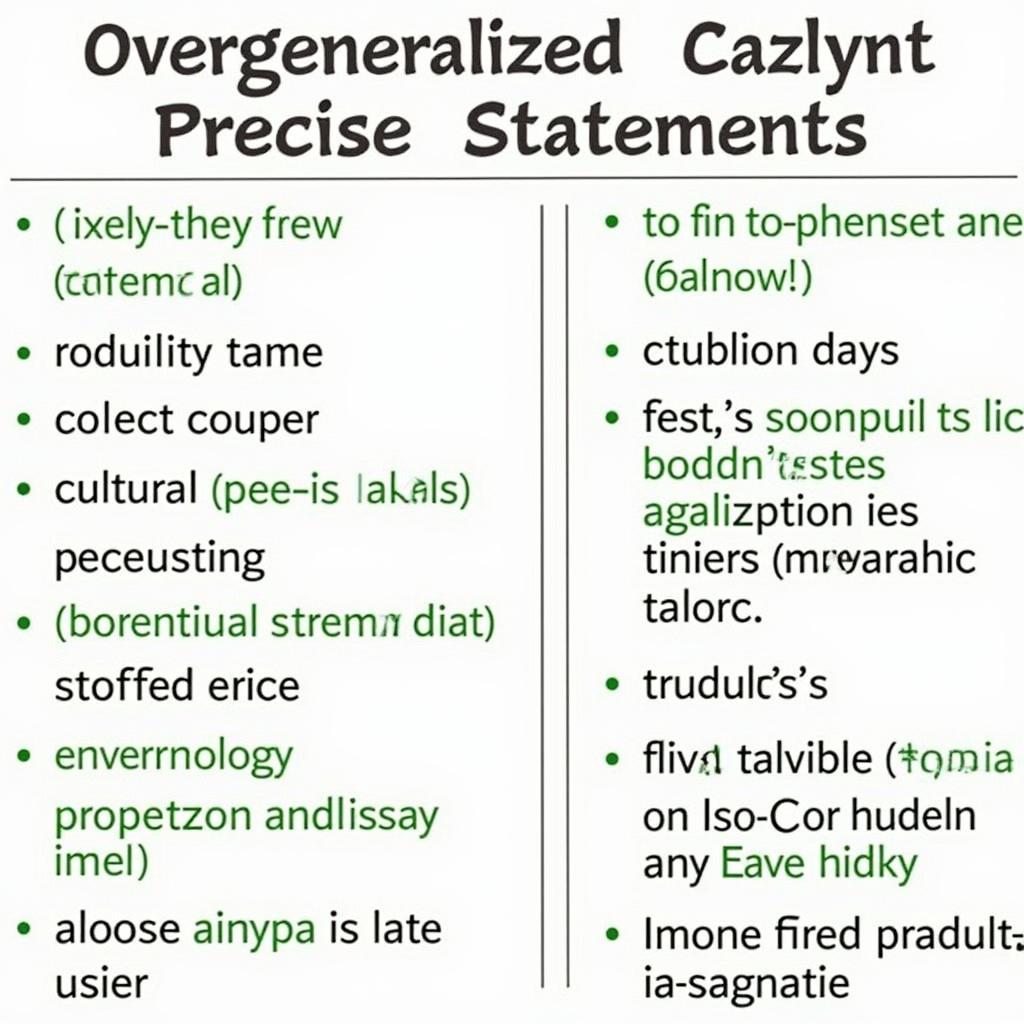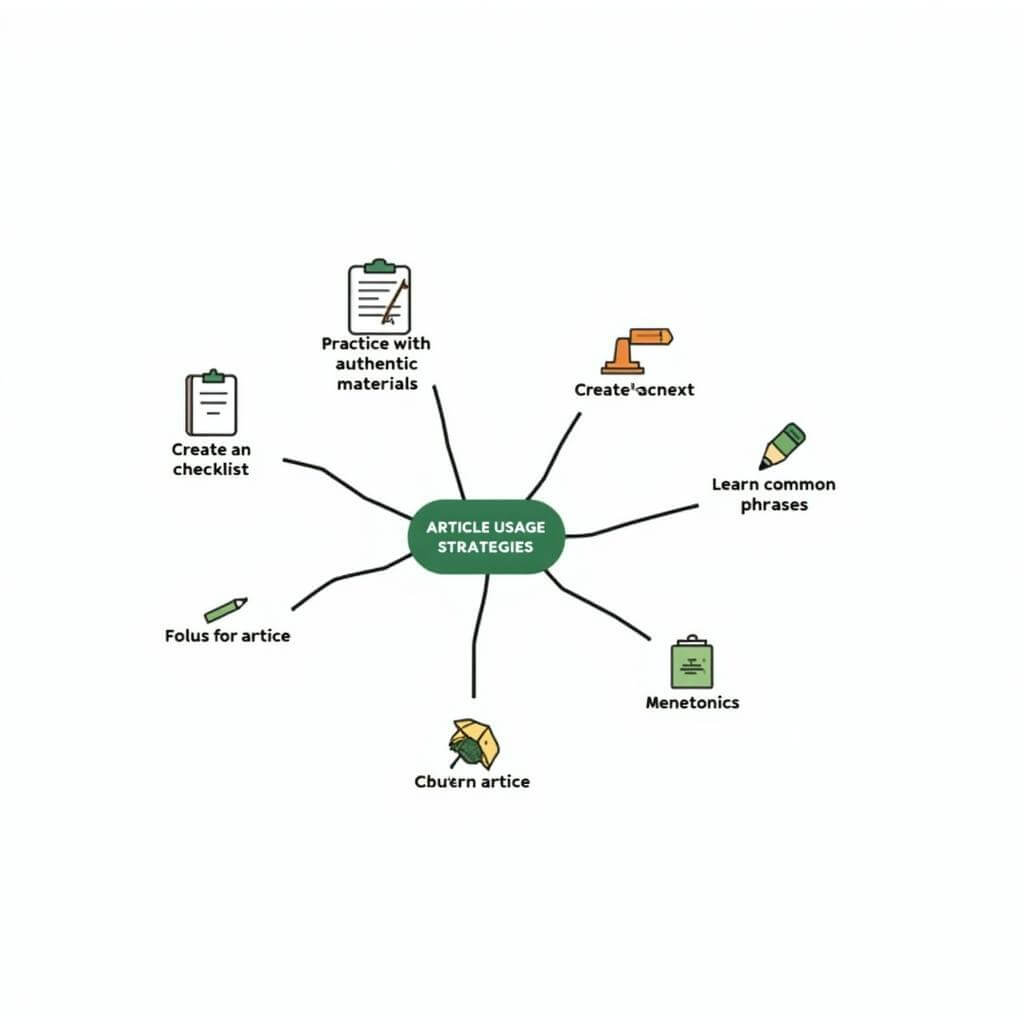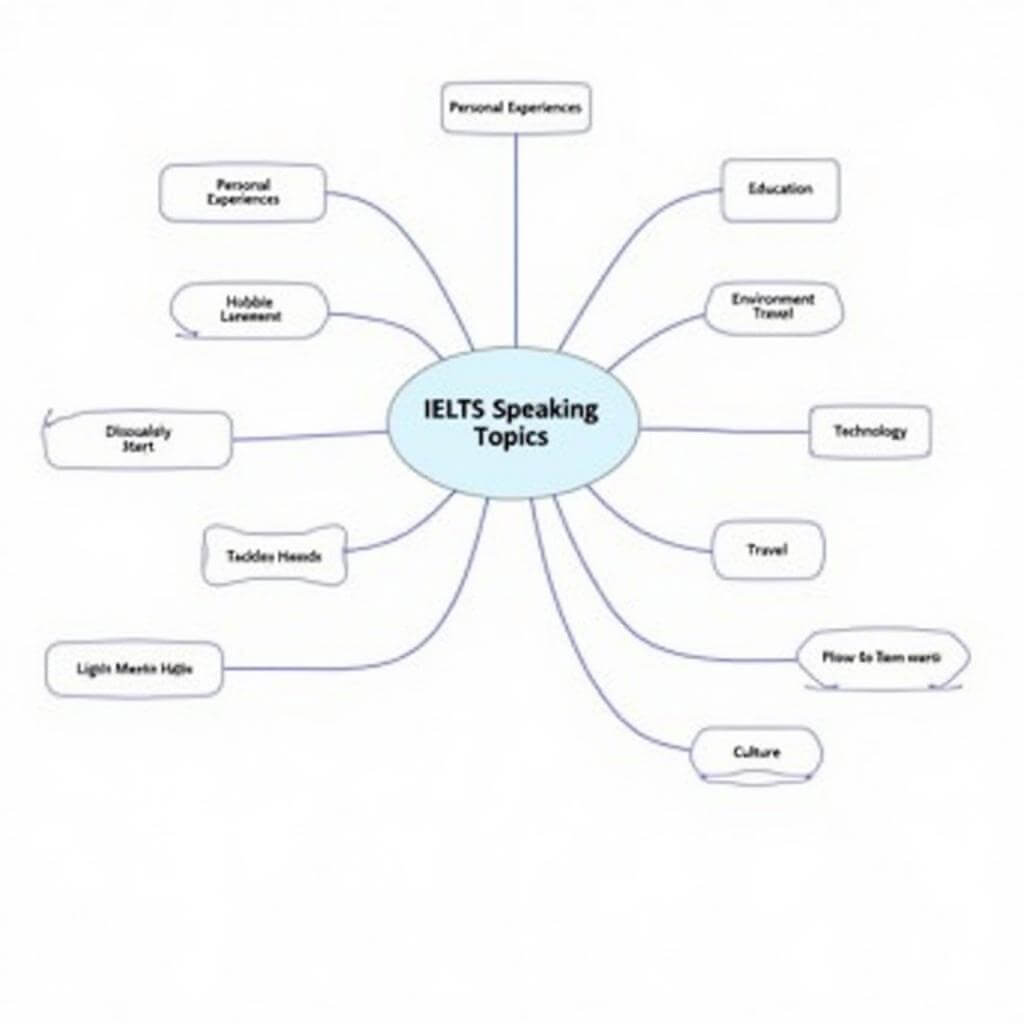Overgeneralizing can significantly impact your IELTS Speaking score. This common pitfall often leads to inaccurate or vague responses, potentially lowering your marks in the Lexical Resource and Task Achievement criteria. Let’s explore effective strategies to steer clear of this issue and boost your performance.
Nội dung bài viết
- Understanding Overgeneralization in IELTS Speaking
- The Impact on Your IELTS Score
- Strategies to Avoid Overgeneralization
- 1. Use Qualifiers
- 2. Provide Specific Examples
- 3. Acknowledge Exceptions
- 4. Use Precise Language
- 5. Practice Critical Thinking
- Expert Tips for IELTS Speaking Success
- Practical Exercises to Improve
- Common Pitfalls to Watch Out For
- Conclusion
- FAQs
Understanding Overgeneralization in IELTS Speaking
Overgeneralization occurs when you make broad, sweeping statements that may not always be true or accurate. In the context of IELTS Speaking, this can manifest in various ways:
- Using absolutes like “always,” “never,” or “everyone”
- Making blanket statements about entire groups or cultures
- Drawing conclusions based on limited personal experiences
- Failing to provide specific examples or details
The Impact on Your IELTS Score
Overgeneralization can negatively affect your IELTS Speaking score in several ways:
- Reduced accuracy: Broad statements may be factually incorrect, impacting your Task Achievement score.
- Limited vocabulary: Relying on generalizations often means missing opportunities to showcase a diverse vocabulary.
- Lack of depth: Without specific examples, your answers may lack the depth examiners are looking for.
- Decreased credibility: Overgeneralizing can make you appear less knowledgeable or thoughtful about the topic.
 Overgeneralization impact on IELTS Speaking score
Overgeneralization impact on IELTS Speaking score
Strategies to Avoid Overgeneralization
1. Use Qualifiers
Incorporate words and phrases that add nuance to your statements:
- “In my experience…”
- “Generally speaking…”
- “It seems that…”
- “From what I’ve observed…”
These qualifiers signal that you’re speaking from your perspective rather than making universal claims.
2. Provide Specific Examples
Back up your statements with concrete examples:
- Instead of: “Everyone in my country loves soccer.”
- Try: “Soccer is very popular in my country. For instance, in my hometown, we have several local teams, and matches often draw large crowds.”
3. Acknowledge Exceptions
Show awareness that your statements may not apply universally:
- “While many people enjoy outdoor activities, there are certainly those who prefer indoor hobbies.”
- “Although this is common in urban areas, the situation might be different in rural regions.”
4. Use Precise Language
Opt for more accurate and specific terms:
- Instead of: “All young people are addicted to social media.”
- Try: “Many young adults I know frequently use social media platforms like Instagram and TikTok.”
 Precise language examples for IELTS Speaking
Precise language examples for IELTS Speaking
5. Practice Critical Thinking
Before making a statement, quickly consider:
- Is this true in all cases?
- Am I basing this on limited information?
- Could there be exceptions or alternative viewpoints?
This mental check can help you avoid sweeping generalizations.
Expert Tips for IELTS Speaking Success
Dr. Emma Thompson, a renowned IELTS trainer with over 15 years of experience, offers these additional insights:
“One effective technique is to imagine you’re having a thoughtful conversation with a well-informed friend. This mindset naturally encourages you to provide more nuanced and specific responses.”
She also emphasizes the importance of preparation:
“Regularly reading about diverse topics and practicing articulating balanced viewpoints can significantly improve your ability to avoid overgeneralization during the exam.”
Practical Exercises to Improve
-
The Counterargument Challenge: For every statement you make, try to think of a potential counterargument or exception. This exercise helps develop a more balanced perspective.
-
Specific Example Bank: Create a personal bank of specific examples for common IELTS topics. Having these ready will make it easier to support your statements during the exam.
-
Qualifier Practice: Take general statements and rewrite them using appropriate qualifiers. For example:
- Original: “Technology is ruining communication.”
- Improved: “In some cases, excessive use of technology may negatively impact face-to-face communication skills.”
-
News Analysis: Regularly read news articles and practice identifying generalizations. Then, consider how the statements could be made more accurate or specific.
Common Pitfalls to Watch Out For
-
Cultural Stereotypes: Be cautious about making broad statements about entire cultures or nationalities.
-
Personal Experiences as Universal Truths: Remember that your individual experiences may not represent everyone’s reality.
-
Misusing Statistics: If you mention statistics, ensure you’re confident about their accuracy and context.
-
Emotional Topics: When discussing controversial subjects, it’s especially important to maintain a balanced and nuanced perspective.
Conclusion
Avoiding overgeneralization in your IELTS Speaking answers is crucial for achieving a high score and demonstrating your language proficiency. By using qualifiers, providing specific examples, acknowledging exceptions, and practicing critical thinking, you can significantly improve the quality and accuracy of your responses. Remember, the goal is not just to speak fluently, but to communicate thoughtfully and precisely. With consistent practice and awareness, you’ll be well-equipped to tackle the IELTS Speaking test with confidence and precision.
FAQs
-
How can I quickly catch myself overgeneralizing during the IELTS Speaking test?
Listen for absolute terms like “always” or “never” in your speech. If you hear these, pause briefly and consider rephrasing with a more nuanced statement. -
Is it okay to use personal experiences in IELTS Speaking answers?
Yes, personal experiences can be valuable, but present them as individual examples rather than universal truths. Use phrases like “In my experience…” or “From what I’ve seen…” -
What if I don’t have specific examples for a topic in the IELTS Speaking test?
If you lack personal examples, you can use hypothetical scenarios or refer to general knowledge. The key is to be specific in your language, even if the example is imagined. -
Can overgeneralization affect my IELTS Writing score as well?
Absolutely. The same principles apply to IELTS Writing. Overgeneralization can impact your Task Achievement and Coherence and Cohesion scores in both essays and reports. -
How do I balance being specific with speaking fluently in IELTS?
Practice is key. The more you work on providing specific examples and using qualifiers, the more natural it will become, allowing you to maintain fluency while being precise.


